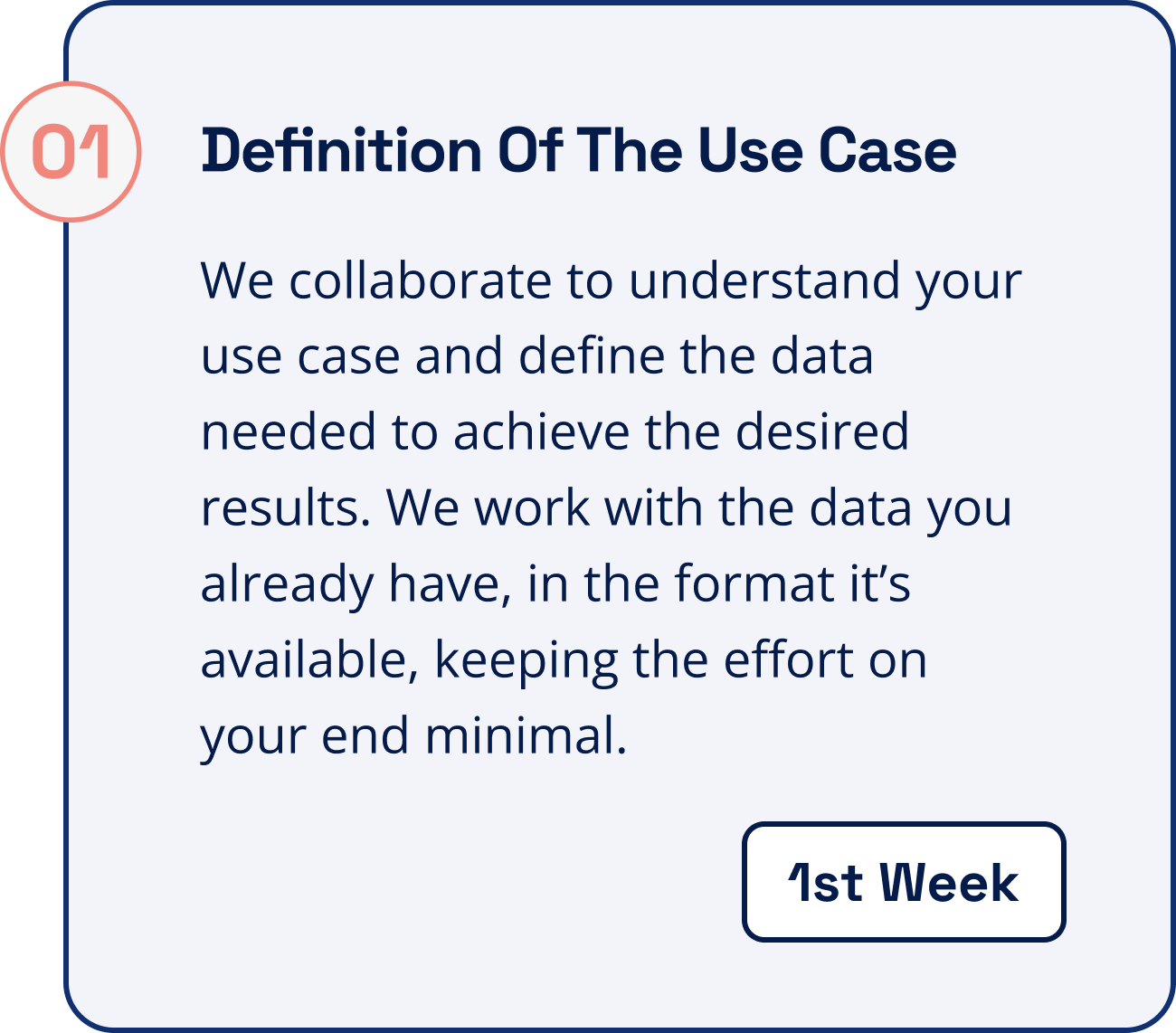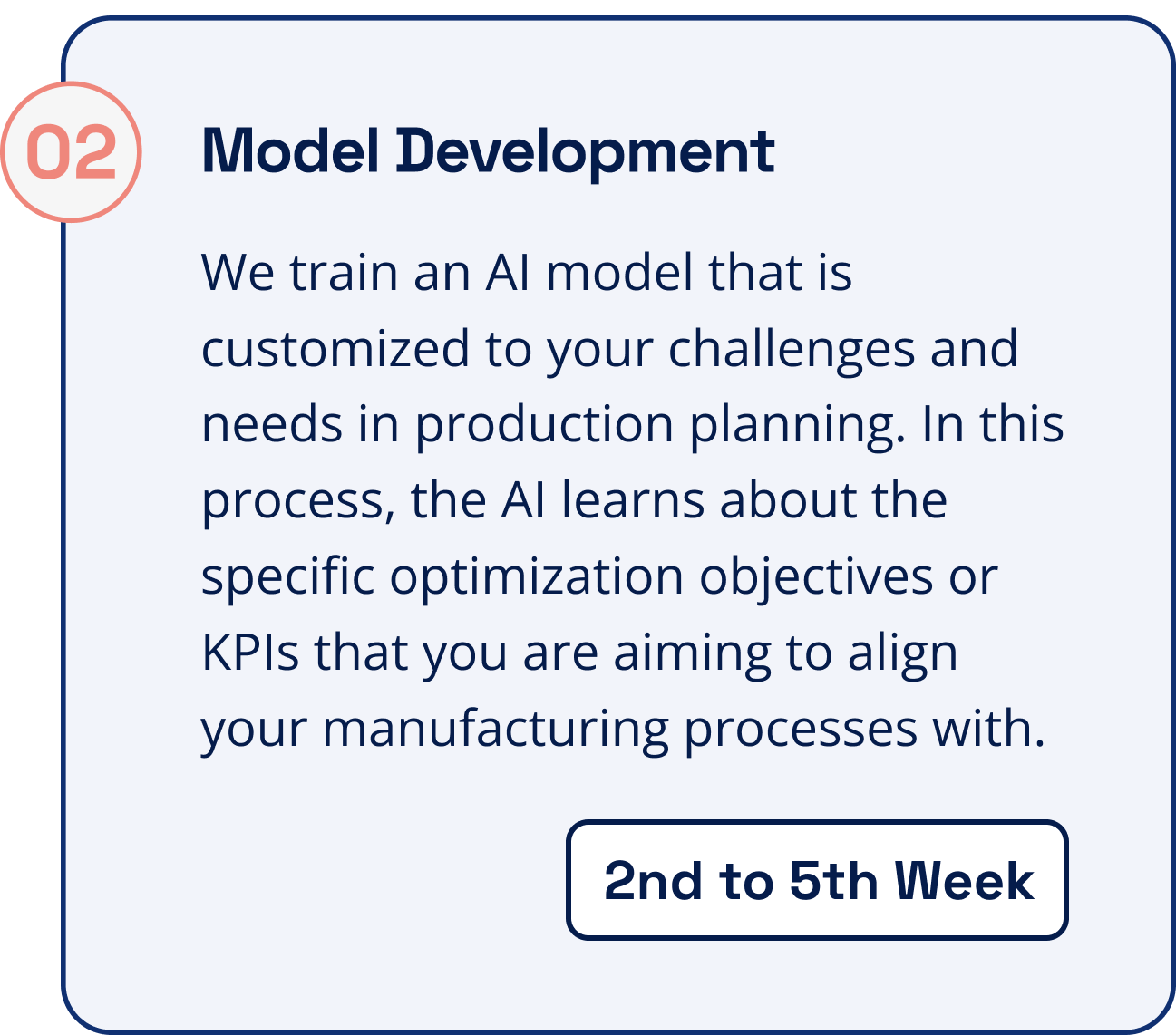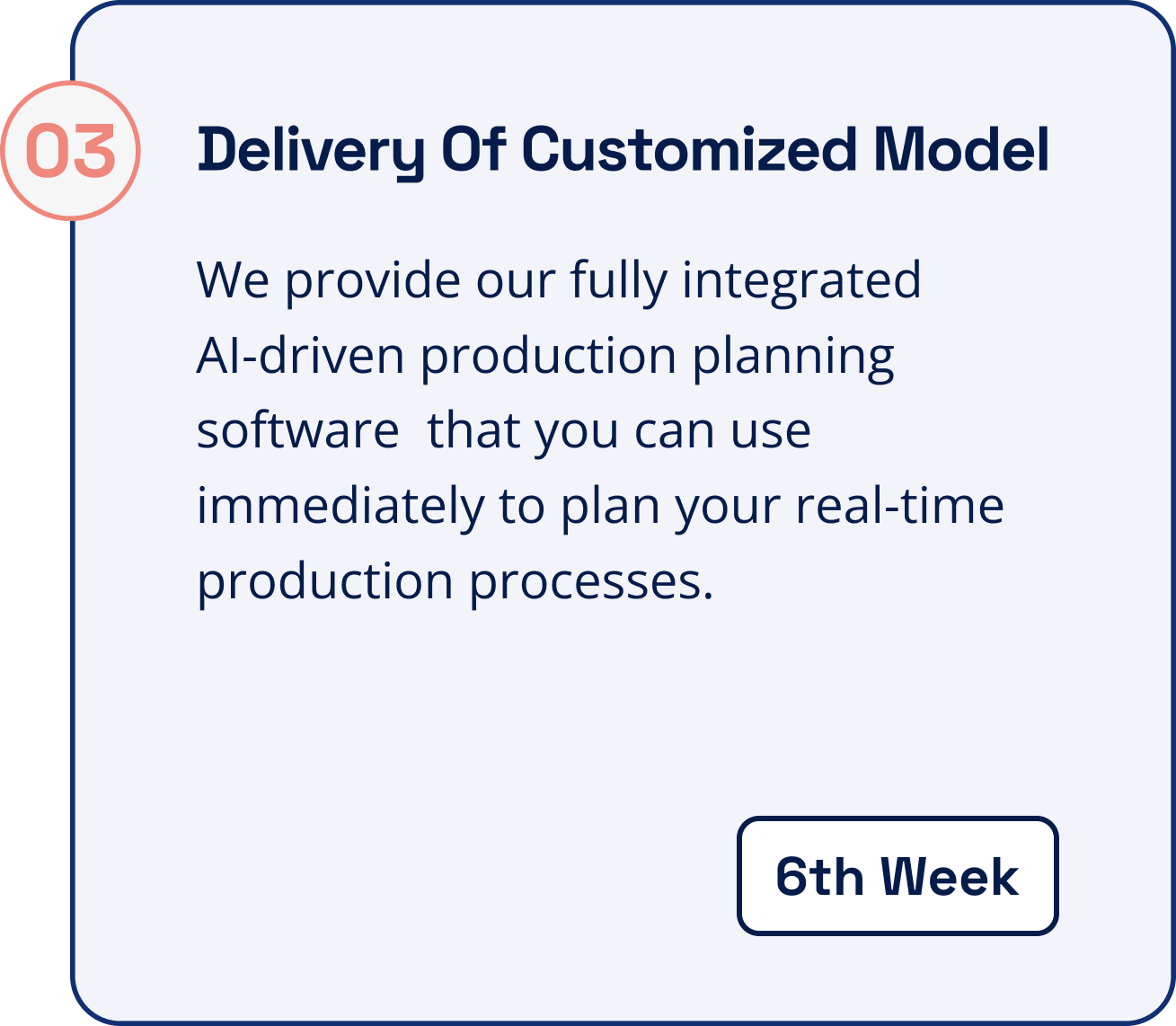Join our Live Webinar on 29th April!
Together with our ERP partner Vectotax we'll be showing their newly released production planning board with Phantasma's AI co-pilot integrated.
• How manual, automated and AI-driven planning can be combined in one planning board
AI-Driven Production Planning & Scheduling
That Unlocks Hidden Capacity, Boosts EBITDA, and Delivers ROI in 6 Months
Struggling With Complex Production Planning? We've Got The Solution.
As manufacturing becomes more complex, outdated planning tools slow you down — leading to delays, inefficiencies, and missed opportunities.
.png)
Timely order fulfilment is a challenge as slow, manual planning processes hold you back.

Staff and machines allocation is inefficient, leading to wasted resources and downtime.

Adapting your production to constant changes, uncertainties & unforeseen events is a challenge.
Future-Proof Your Production: Navigate Tariffs & Economic Shifts Without Added CapEx
Rising tariffs, supply chain shocks, and unpredictable costs are making it harder than ever to plan reliably. Staying competitive in uncertain times starts with better planning. Our AI planning co-pilot helps you adapt quickly by unlocking underutilized capacity without additional CapEx.






Supercharge Your
Production Planning With AI
Benefit from AI-driven production planning tailored to your factory's needs, no matter your digital maturity, and without the hassle of collecting extensive data upfront.


Implemented in 6 Weeks,
ROI Delivered in 6 Months
Our innovative approach to AI model training ensures quick AI adoption in factories. We deliver and integrate tailored production planning features into your systems in 4 to 6 weeks, with customers typically seeing ROI within 6 months.



Our Solution Has Proven Its Impact
Our clients' success is our success! Discover how manufacturers have transformed the efficiency of their production with our tailored AI solutions.

With Phantasma’s AI, we’ve expanded the capabilities of our ERP, giving manufacturers smarter planning tools that help them stay agile and competitive. Our customers now have access to real-time scheduling and KPI-driven decision-making, helping them optimize production without overhauling their existing setup.

Partnering with Phantasma has helped us integrate AI-powered scheduling into MK|Ware without adding complexity. Our customers can now optimize production planning with real-time adjustments, keeping operations efficient and adaptable to changing conditions.
Our Valued Investors
We're supported by some of the best in the business.

















Blog & News
Explore the latest news from Phantasma as well as our articles on Industrial AI, Smart Planning and Production Optimization.




